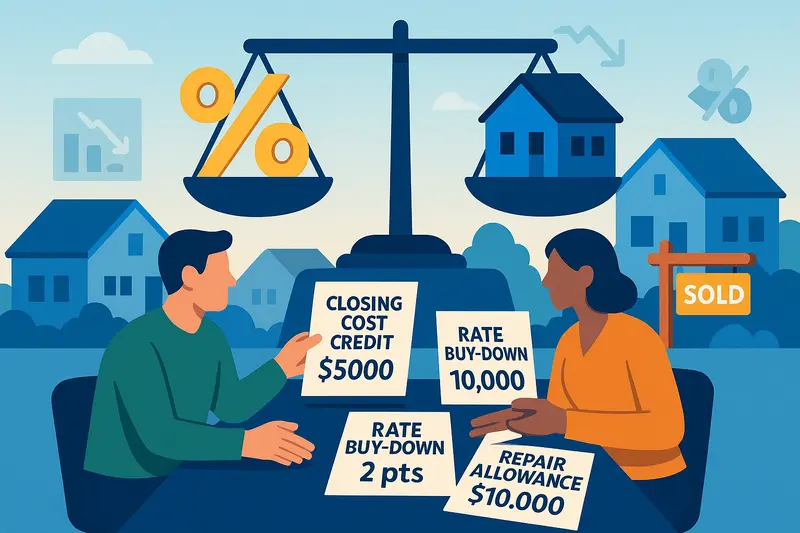Why Manufactured Homes Offer a Factory-Built Alternative in U.S. Housing
Question
What is a manufactured home?
Answer
Introduction: Manufactured homes—often mistaken for mobile homes—are fully constructed in a factory under federal standards, then delivered to your lot. They provide an affordable, customizable housing option that meets strict safety and energy requirements.
Main Details:
- Federal HUD Code Compliance: Since June 15, 1976, all manufactured homes must meet the U.S. Department of Housing and Urban Development’s Construction and Safety Standards. These regulations cover structural design, energy efficiency, fire resistance, and quality control across the entire build process. HUD FAQs
- Factory-Built Quality: In a climate-controlled facility, builders avoid weather delays and material degradation. Factory assembly lines drive consistency, reduce waste, and speed up production—completion often takes weeks rather than months.
- Single- and Multi-Section Models:
- Single-Wide: Typically 14–18 feet wide and up to 90 feet long; transported in one piece.
- Double- or Triple-Wide: Two or more modules joined on-site over a permanent foundation, offering 1,200–2,500 sq ft of living space.
- Site Preparation & Installation:
- Foundations span from poured concrete to pier-and-beam systems.
- On-site crews level, anchor, and connect plumbing, electrical, and HVAC to local code.
- Cost & Financing: Manufactured homes cost roughly 20–40% less per sq ft than comparable site-built houses. Financing options include chattel loans (for land-lease communities) or traditional mortgages when placed on owned land. Buyers are recommended to compare lenders for down-payment requirements and interest rates.
- Zoning & Placement Restrictions: Many municipalities allow manufactured homes, but local zoning may limit where you can place them. Always verify county or park regulations before purchase.
Final Thoughts:
Manufactured homes blend affordability, speed, and quality under a federal safety code—making them an appealing choice for many buyers. However, it’s advisable to consult a licensed real estate agent or attorney in your area to confirm zoning rules, financing options, and long-term value considerations.


